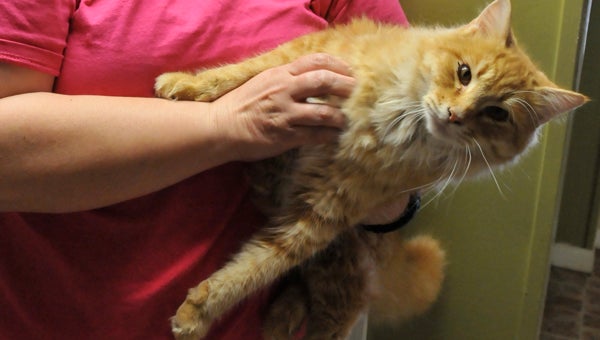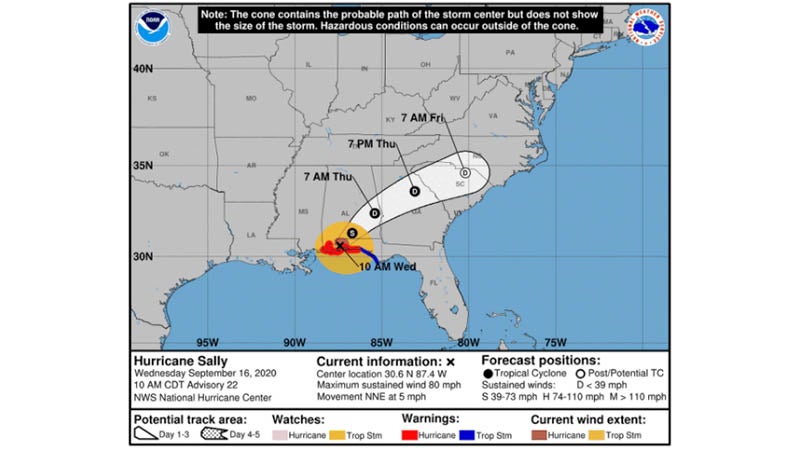94 animals euthanized at shelter last month
Published 12:02 am Thursday, April 2, 2015
The numbers aren’t pretty, but they are some that the Andalusia Animal Shelter keeps track of monthly – the number of animals euthanized.
Christin Ball of the AAS said Wednesday that 94 animals were euthanized last month.
Euthanization has gained state attention this week after the Alabama House of Representatives rejected a bill to require animal shelters to have monthly reports on the number of animals they kill.
Among the requirements of the bill was to keep monthly reports on the number of animals each shelter accepts, adopts and euthanizes. It would have also mandated that staff salaries be included, too. Each report would have been made public to those who requested them.
The purpose of the bill, Rep. Koven L. Brown of Jacksonville told state media, is to allow groups such as Alabama Voters for Responsible Animal Legislation, a known animal welfare group, access to the information to see how many animals are in shelters across the state.
Nationwide, 2.7 million adoptable cats and dogs are euthanized each year, a figure which is down from 12-20 million a few decades ago. The numbers are estimated because statistics are difficult to pinpoint since agencies are not required to formally keep these numbers.
“I think it’s worthwhile to have this information,” Brown told The Anniston Star. “I don’t know how we can make policy on this issue if we don’t even know how many animals are in these shelters.”
Locally, 95 dogs were brought to the shelter and 26 cats.
Ball said four were sent to rescue; nine were adopted; four were returned to owners; and 94 were euthanized.
“With all that we try and do, and try to send out to rescue and adopt, we just still can’t get everybody a home,” she said. “This is sad and it makes me mad at people for not doing what is right and spaying and neutering.”
All animals adopted from the shelter are required to be spayed and neutered.
Ball said that being a kill shelter makes it difficult to receive help.
“When we tell people we have to euthanize, they no longer want to help us,” she said. “What they don’t understand is that a lot of the ones we put to sleep are not adoptable, meaning they are feral, very, very sick, do not like kids or are aggressive to other dogs.”
Ball said that was the case for all 94 animals killed last month.
“All 94 had issues that made it so no rescue or person that comes in would want,” she said.
Ball attributed some of the issues to people getting animals and not spending appropriate time with them, tying them up outside with no interaction.
“(They) expect us to be able to turn all the bad behavior around and find a great home for them,” she said.
The American Humane Society offers tips to help animal owners become reunited with their families rather than euthanized.
• Be sure your pet wears an identification tag, rabies license, and city license. Include your name, address, phone number and pet’s name;
• Keep licenses current, as they help shelters locate pet owners;
• When moving, put a temporary tag on your pet. Include a telephone number of someone who will know how to reach you or your cell phone number;
• Don’t assume that your indoor pet doesn’t need tags. Many strays in shelters are indoor pets that escaped;
• Purchase special cat collars with elastic bands to protect your cat from being caught in trees or fences; and
• In addition to ID tags, consider getting your pet microchipped.





